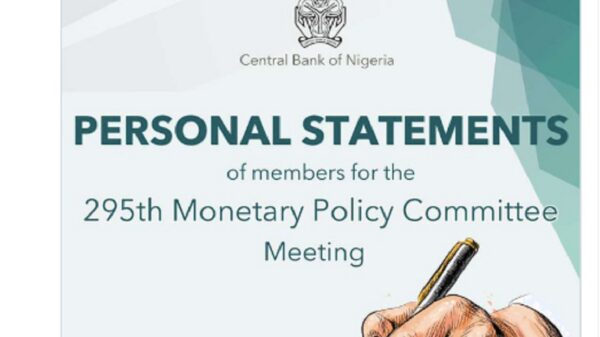Flexible exchange rates and anchored inflation expectations can mitigate the effects.
The surge in the US dollar, reaching a 20-year high last year, had far-reaching implications for the global economy. While currency appreciation affected various economies, emerging markets bore the brunt of its impact more than smaller advanced economies.
In this article, we delve into the spillover effects of a stronger dollar on emerging market economies, exploring the mechanisms through which they are affected and discussing potential policy measures to mitigate these effects.
Disproportionate Impact on Emerging Market Economies
Research conducted by Maurice Obstfeld and Haonan Zhou highlights that emerging market economies suffer more from US dollar appreciations than smaller advanced economies. A 10 per cent appreciation of the US dollar, driven by global financial market forces, can lead to a 1.9 per cent decrease in economic output in emerging markets after one year, with the drag lingering for up to two and a half years. In contrast, advanced economies are relatively smaller, peaking at 0.6 per cent after one quarter and dissipating within a year.
Transmission Channels and Key Metrics
Stronger dollar adverse effects on emerging market economies stem from trade and financial channels. Real trade volumes in these economies decline steeper, with imports dropping twice as much as exports. Furthermore, other critical metrics, such as credit availability, capital inflows, monetary policy, and stock-market performance, are negatively impacted more in emerging markets than their advanced counterparts.
External Sector Implications
The current account, which reflects changes in the saving-investment balances of countries, is significantly impacted by US dollar appreciations.
Both emerging markets and smaller advanced economies experience an increase in current account balances as a share of gross domestic product, mainly due to a depressed investment rate. However, the effect is more pronounced and enduring in emerging market economies.
Advanced economies are facilitated by exchange rate depreciation and accommodative monetary policy. In contrast, emerging market economies face challenges in allowing their exchange rates to fluctuate. They struggle with a lack of monetary policy accommodation, which amplifies the increase in their current account.
The income compression channel, where lower income leads to reduced imported goods purchases, plays a more significant role in emerging markets. Their heightened exposure to the US dollar through trade invoicing and liability denomination further complicates external sector adjustment.
Policies for Mitigation
Emerging market economies can fare better in the face of a stronger dollar through two key policy measures: anchoring inflation expectations and adopting more flexible exchange rate regimes.
Anchored inflation expectations afford greater monetary policy flexibility. Countries with anchored expectations can implement looser economic policies following a depreciation, resulting in a shallower initial decline in real output. On the other hand, emerging market economies with more flexible exchange rate regimes experience faster economic recovery due to significant immediate exchange rate depreciation.
Domestic financial market development is crucial to support flexible exchange rate regimes, as it reduces domestic borrowing conditions’ sensitivity to exchange rate fluctuations. Long-term commitments to improving fiscal and monetary frameworks, balanced budgetary and monetary policies, central bank independence, and effective communication strategies also play vital roles in anchoring inflation expectations.
Global Effects and Precautionary Measures
A stronger dollar impacts individual economies and influences global current account balances. The study reveals that a 10 per cent appreciation in the US dollar leads to a 0.4 per cent decline in global current account balances relative to world GDP after one year.
Considering the historical average global proportions over the last two decades, this magnitude of reduction is economically significant.
The global decline in balances is attributed to a broad-based contraction in trade, aided by the dominance of the US dollar in pricing, and a reduction in commodity trade balances due to falling commodity prices often associated with dollar appreciations.
Precautionary policy tools, including global safety nets, are essential to address global financial market cycles and spillovers. Implementing macroprudential and capital flow management measures can mitigate negative cross-border spillovers for emerging market economies facing financial frictions and balance sheet vulnerabilities.
Conclusion
A stronger US dollar can have wide-ranging effects on the global economy, with emerging market economies particularly vulnerable to its adverse impact. Policymakers can alleviate the strain on these economies by implementing flexible exchange rate regimes and anchoring inflation expectations.
Moreover, concerted efforts to improve fiscal and monetary frameworks, bolster central bank independence, and enhance communication strategies are crucial in mitigating the fallout from a stronger dollar in emerging markets and fostering economic resilience in the face of global financial fluctuations.






















































You must be logged in to post a comment Login